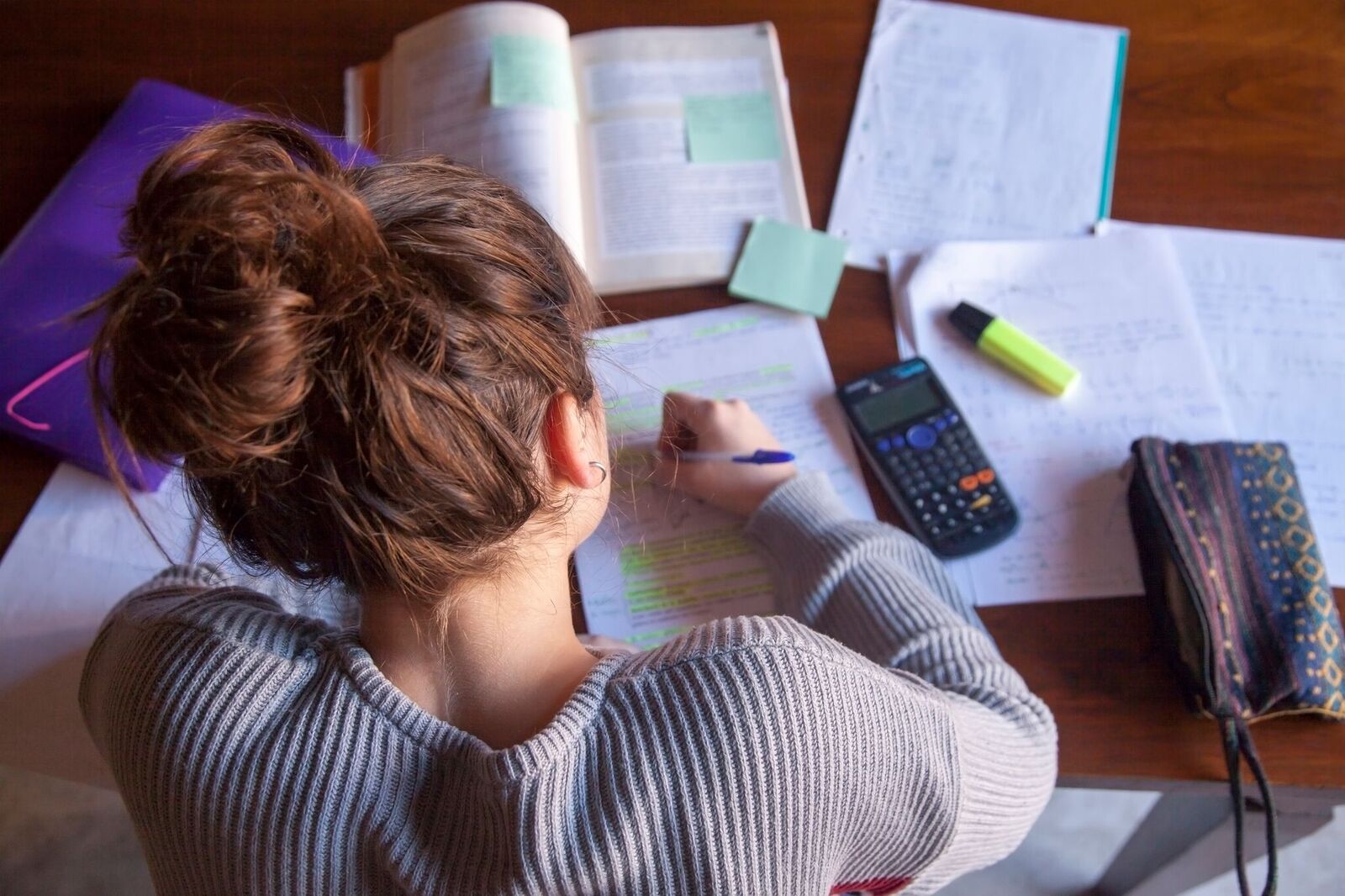9 Tips to Cope with Period Cramps During Your Exams

For many girls, period cramps can be a source of discomfort and pain, and they can be especially challenging to deal with during exams when you need to focus and concentrate. However, there are some tips you can use to help you cope with period cramps during exams and minimise their effect on your performance.
In this blog, we will talk about nine tips you can consider to cope with period cramps during exams.
- Come Prepared
If you expect to have your period during exams, coming prepared can help. In many cases, students are not allowed to leave the examination hall during exam hours, so ensure you come prepared beforehand to avoid cases of leakage and staining of clothes.
If your periods have not yet begun and you are experiencing abdominal cramps, then as a precaution, wear a sanitary pad to the examination hall. Additionally, you can carry your period kit consisting of extra sanitary pads, pain medication, a heating pad and comfortable clothing. Being organised and prepared can help you reduce stress and anxiety, which can aggravate period cramps.
- Stay Hydrated
Drinking lots of water and other fluids can help you stay hydrated, reducing bloating and cramping during your menstrual cycle. It can also flush out toxins from your body, which reduces inflammation and improve overall health. Aim to drink 1.5 litres of water every day, and remember to take a small water bottle with you in the examination hall. Additionally, avoid caffeine and alcohol, as these can dehydrate your body and exacerbate period cramps.
- Eat a Healthy Diet
Eating a healthy diet that is rich in nutrients is imperative during exams. Consume magnesium-rich foods, including fresh fruits, green vegetables, nuts, and seeds, as they can help relax tense muscles and cramps. You can also include foods rich in antioxidants, such as fruits and vegetables, to reduce inflammation and enhance overall health. Furthermore, avoiding foods rich in sugar, salt, or unhealthy fats can help alleviate inflammation and cramps.
- Get Enough Sleep
It is essential to get enough sleep in order to maintain good physical and mental health. Getting enough sleep can also help lower stress and fatigue, preventing cramps from worsening. Aim for at least 7-8 hours of sleep each night, and stick to a regular sleep schedule.
- Try Out a Heating Pad
You can use a heating pad to relieve period cramps and discomfort in the abdomen. It can provide temporary pain relief and prepare you for a 2-3 hour exam. By applying heat to your lower abdomen, you can help relax your muscles and increase blood flow, which can reduce pain.
- Keep a Check on Your Bowel Movements
Your bowel motions may not seem to have much of an impact on your period, but they do. A slow bowel movement indicates your stomach is clogged and full of nasty waste. This congestion can create a physical mass, which can poke into your already sensitive womb. To keep your bowels moving, make sure you consume plenty of fibre and drink large amounts of water.
- Practice Deep Breathing and Relaxation Techniques
Deep breathing and relaxation techniques like meditation or yoga can help reduce stress and tension, which can aggravate pain and cramps. These techniques can also help to boost focus and concentration, which are important during exams.
- Take Breaks When Needed
If you have severe period cramps during an exam, it is essential to take breaks when needed. You can take a few minutes to unwind, stretch, relax, or meditate. It can help reduce stress and tension while also giving you a chance to regroup and refocus.
- Talk to Your Doctor
If you are experiencing severe and persistent cramps or other premenstrual syndrome symptoms (PMS), it is important to talk to your doctor. They may recommend over-the-counter pain relief medication, to help alleviate pain and reduce inflammation.
Take Away
Period cramps can be challenging to deal with, especially during exams, when you need to stay focused and alert. However, by following these tips, you can reduce the impact of period cramps on your performance and overall well-being. Remember to prioritise your health and take care of yourself during this time, and don’t be afraid to ask for help if you need it.
